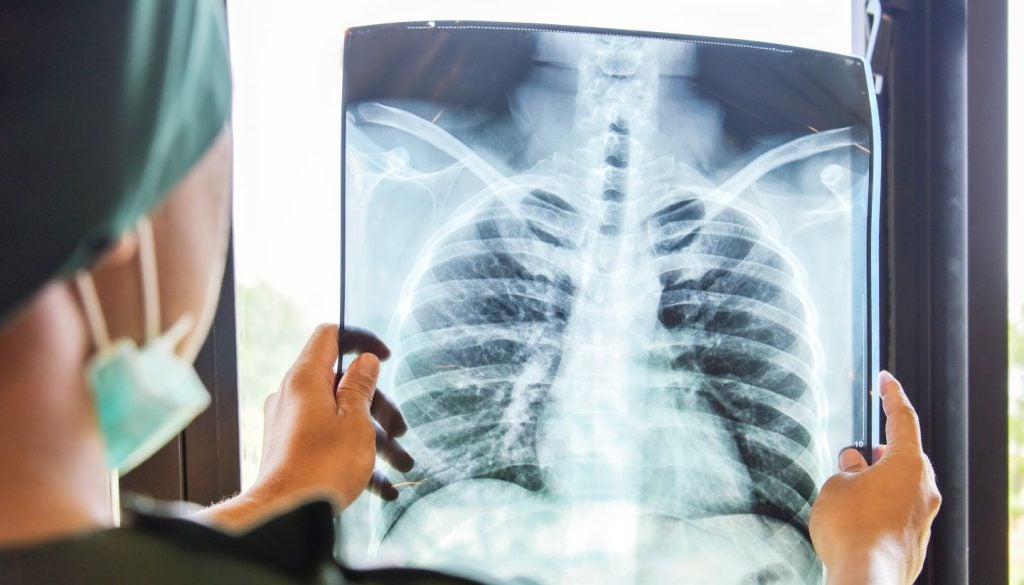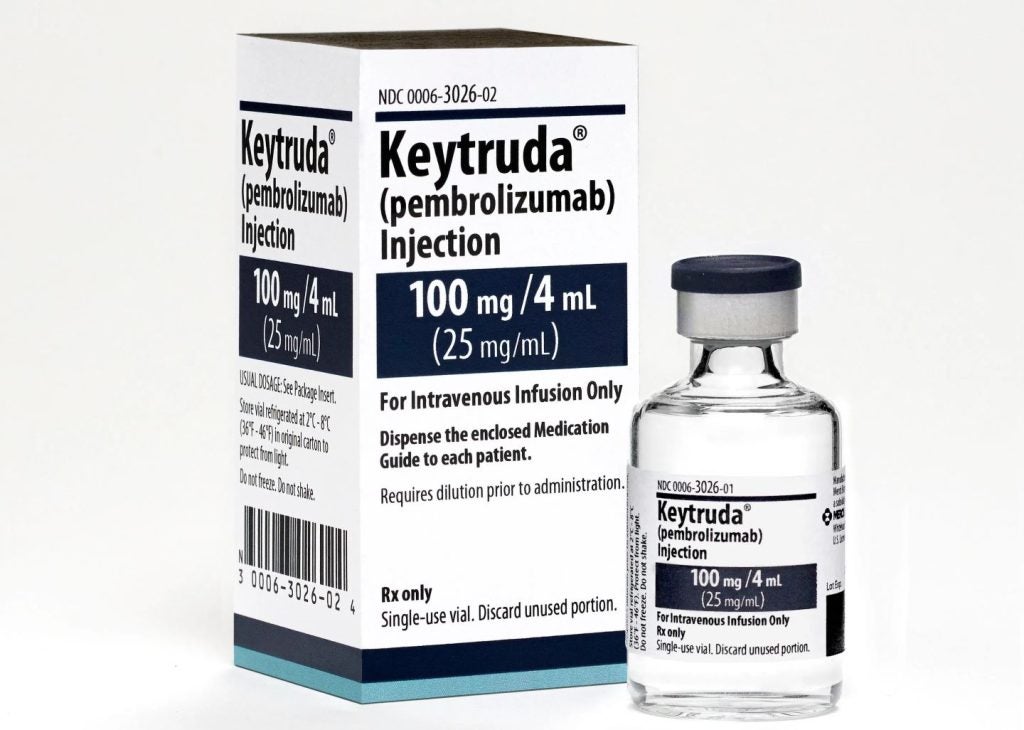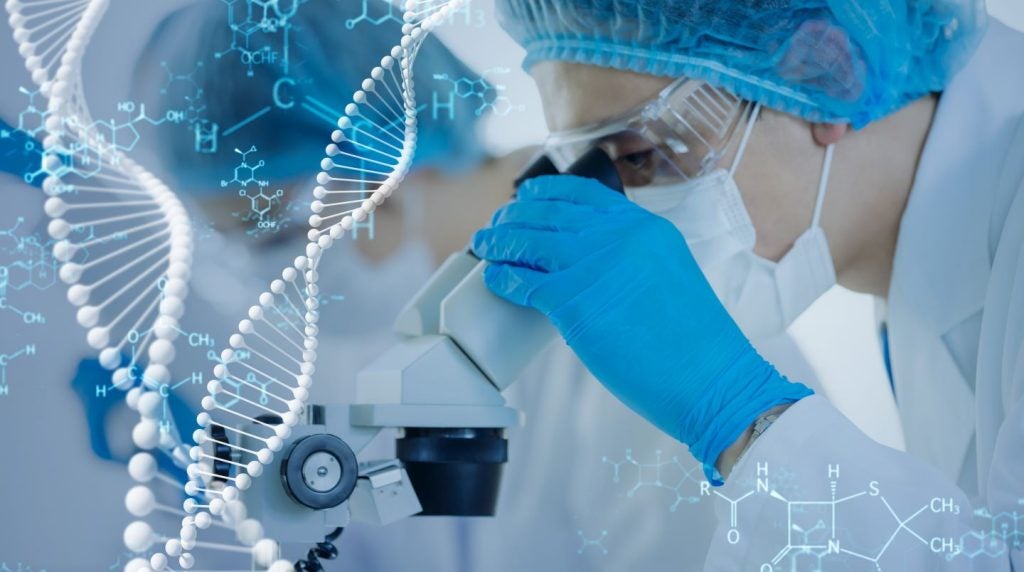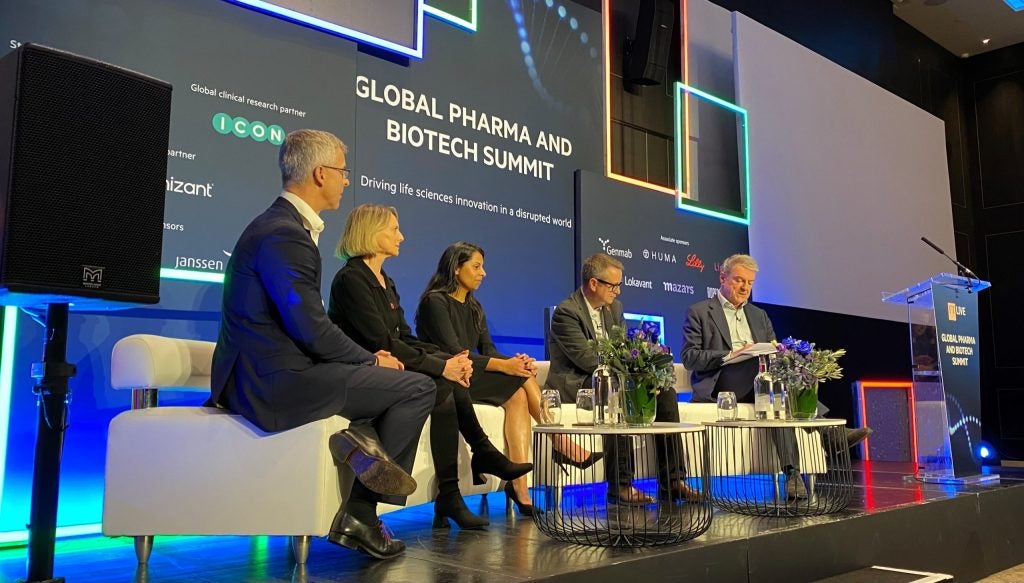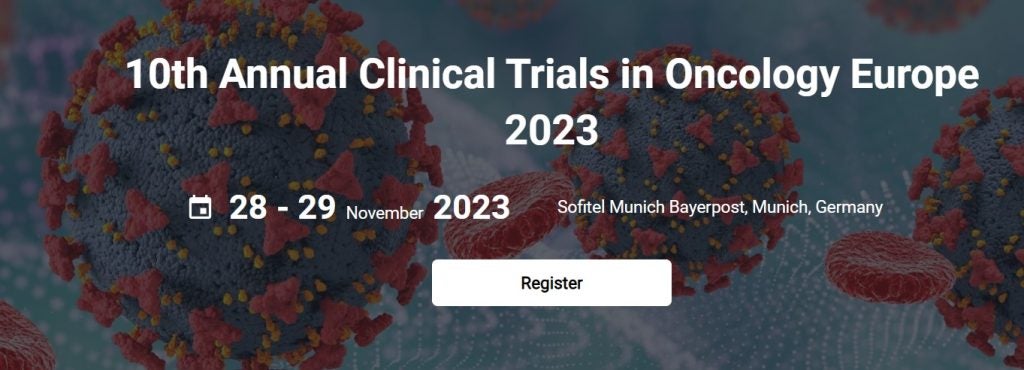Despite the shift towards artificial intelligence (AI) in drug discovery and development, AI-focused biotechs still have key hurdles to overcome, said experts at the recently concluded BIO-Europe 2023 conference. Najat Khan, the chief data science officer at Janssen Research & Development, said the industry needs to tackle “lack of trust and scepticism due to lack of understanding”.
Khan was speaking alongside other AI experts at the “AI shaping therapeutics destiny” panel on 7 November, about the growing use of AI in pharma, and weighing the ups and downs in the field. Thomas Clozel, the CEO of AI biotech company OWKIN, said companies are currently struggling to communicate their visions to investors.
He said the lack of overlap between tech and pharma investors, often meant that neither side could fully understand the value of the work AI startups and scale-ups do.
“A lot of innovation comes from scale-ups and startups, but they need financing,” said Clozel.
Khan also added that the lack of understanding could sometimes extend to the deployment of new technologies in a clinical context. She highlighted the current development of Janssen’s AI technologies to help stratify patients and find those that would be most responsive to a drug and best suitable for clinical trials. She said that there can be “difficulty in trial operations” if clinical research organisations or trial investigators are not on board with the new technology and processes.
However, both experts were optimistic about the prospects of AI in pharma. Clozel said: “AI brings ways to bring more causality [in drug development],” saying that traditional drug development often looks at the correlation between the drug and response in patients before understanding why this response occurs.
Khan added that multimodal AI methods, incorporating multi-omic and pathological knowledge, allow a deeper understanding of the drug. This extends from the way the protein unfolds to the “biological underpinnings of the disease”.
Clozel said the next step lies in allowing wider access to more data in a “federated manner”. He said “data is everything”, so it is important to share insights for the continued improvement of the field.




